Bali restaurant joins the trend for sustainable dining
Guests are getting hands-on and chefs are getting their hands dirty. They’re just two compelling trends travellers are embracing.
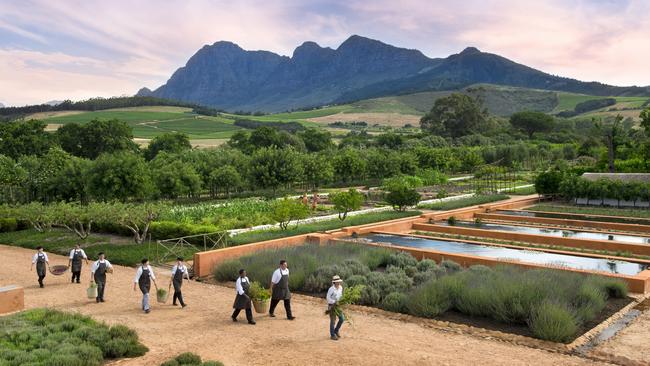
Pacing the Datai Langkawi’s paradisiacal permaculture garden, bursting with curry leaf and cranberry hibiscus, holy basil and powder puff, we reverently tear fragrant leaves and marvel at the stingless bees creating tangy honey. It’s a kind of sensory, walking meditation. It’s also making me hungry.
Thankfully, this is a precursor to an excellent cooking class, where chef Somkeat patiently walks us through the steps of a spice-kissed feast. I satisfyingly pound fragrant galangal and chilli and garlic and test the delicate balance of my dressing.
Once home, the recipes are slotted proudly into my regular repertoire, keeping the memory alive long after my tan fades.
Travel + Luxury relaunches on September 2 with a brand new design and fresh content. Buy The Weekend Australian for the country’s most authoritative and entertaining travel journalism, presented in a slick new format.
This Malaysian island resort has become a standard-bearer in everything from architecture to conservation for 30 years and continues apace, combining some of the most compelling food trends in travel. Not the Tik-Tok, flash-in-the-pan-type trends; the slow-growers, feeding us joy and pleasure, connection and community.
More like currents, many of which flow towards a more sustainable vision of the future.
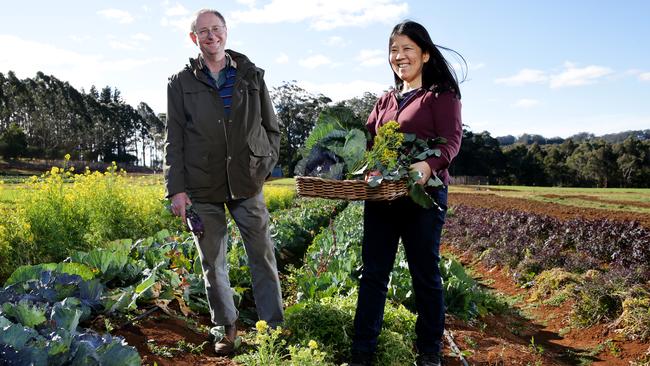
1 Guests are getting hands-on
Many travellers are keen to delve deeper into the dining experience: shaking the pans, strolling the soil, catching their own. “Diners are more interested than ever in the journey of what is put on their plates, and our hoteliers are increasingly offering hands-on, sustainable food experiences as spiritually fulfilling experiences,” says Mark Wong, senior vice-president Asia Pacific at Small Luxury Hotels of the World. There’s something to be said for moments that plug you directly into the nature of your destination via food. I remember, vividly, sipping deliciously cold beer at Sri Lankan jungle gem Gal Oya Lodge, while the chef showed us how to make fresh coconut milk, explaining how curry leaves can do everything from whet the appetite to lower cholesterol, as we prepared our feast. It was a gentle thrill to be somewhere so exotic, discussing common threads: cooking, healing, eating.
Closer to home, Moonacres Farm in the NSW Southern Highlands harnesses a regenerative farming approach and offers a bumper crop of seasonal produce and experiences, from pasta classes with Danielle Alvarez, to farm tours. Tasmanian stalwart The Agrarian Kitchen runs cooking classes and tours of its glorious walled garden, imparting expertise on everything from no-dig market gardening to composting.
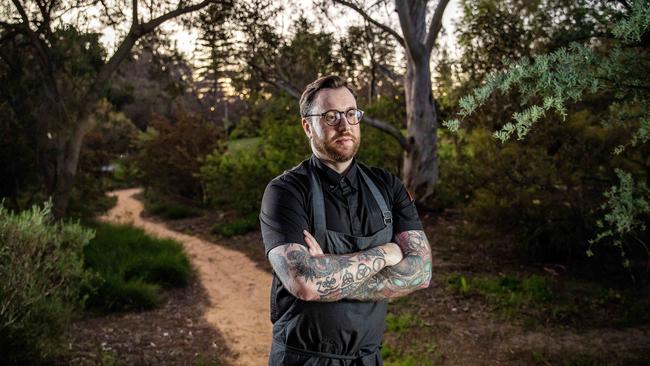
2 … and chefs are getting their hands dirty
After a day exploring the sprawling gardens of Babylonstoren in South Africa’s Cape Winelands, a plate of knobbly, just-picked crudites – pineapple-coloured carrots, ribbons of green-edged zucchini, glossy red cherries, fall-apart artichokes, a cloudlike blob of homemade buffalo mozzarella – descend upon our table. The work of spades rather than tweezers, it is simple produce borne of the rich soil right outside, handled with reverence and restraint.
Whether growing produce themselves or foraging, chefs who truly know their own patch of dirt are reducing food miles and waste, maximising seasonality and flavour. At recent Sydney pop-up, Peppina x The Gantry, Tassie chef Massimo Mele explains that the petite pickled wedges of green tomato – perfect foil for golden, fat-bubbled porchetta crackling – are from his home garden that helps supply Peppina at The Tasman hotel, as are the fermented chillies in a cracking sauce accompanying Gundagai lamb.
Chef Justin James is akin to a kid in a candy store at Adelaide’s three-hatted Restaurant Botanic, foraging the surrounding Royal Botanic Gardens to help wizard up his extraordinary flavour combinations, along with other quintessentially Australian ingredients, from quandong to crocodile, saltbush to sunrise lime. “Nothing in here is being grown to be eaten, although there is plenty of stuff to eat in here,” says James. Impatient to use the slow-fruiting bunya bunya tree, James roasts fallen branches (“roasted chestnuts, burnt coffee and rich mahogany”), coaxing out further flavour by steeping them in cream, whipping up a frozen custard and combining it with a wattleseed miso and native thyme.
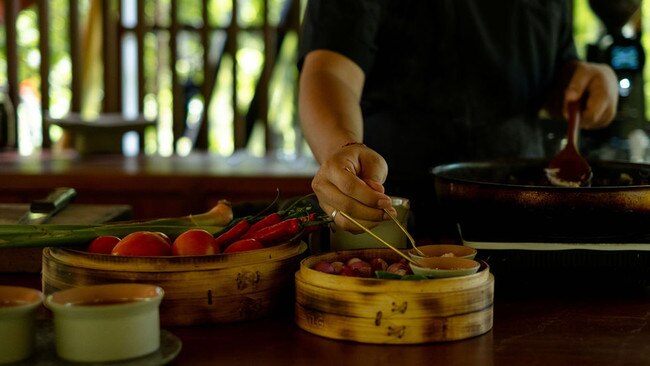
3 Speaking of gardens…
Vegetable-forward dining is losing its patchouli vibe, as chefs and diners become increasingly aware of the potential health and environmental benefits of reducing meat consumption (though vego doesn’t automatically equal sustainable: think water-intensive production methods, or transportation emissions).
Shortly after Copenhagen restaurant Geranium ranked No. 2 in the World’s 50 Best Restaurants in 2021, chef Rasmus Kofoed announced he was removing meat from his menus. Having not eaten meat himself for the past five years, the shift was “a logical decision and a natural progression for Geranium”. The restaurant took out No. 1 in the world in 2022. (Its paired juice menu also speaks to a growing thirst for thoughtful non-alcoholic beverages; Restaurant Botanic’s James puts “a lot of love” into his temperance pairings.)
Ecuadorean Pia Salazar’s avant-garde approach at Quito’s Nuema earned her the title of World’s Best Pastry Chef 2023, teasing hidden sweetness and head-turning combinations from local vegetables.
And more hotels are following suit. Behold trendy Bali newcomer (and Small Luxury Hotels Considerate Collection member) Lost Lindenberg, with a black-sand, raw modernist aesthetic that upends typical expectations of a beachside resort. The vibe extends to its plant-based dining: breakfasts of broken rice porridge with Balinese vanilla and palm sugar, or spicy tacos with pulled jackfruit, tomato salsa and hot shatta sauce.
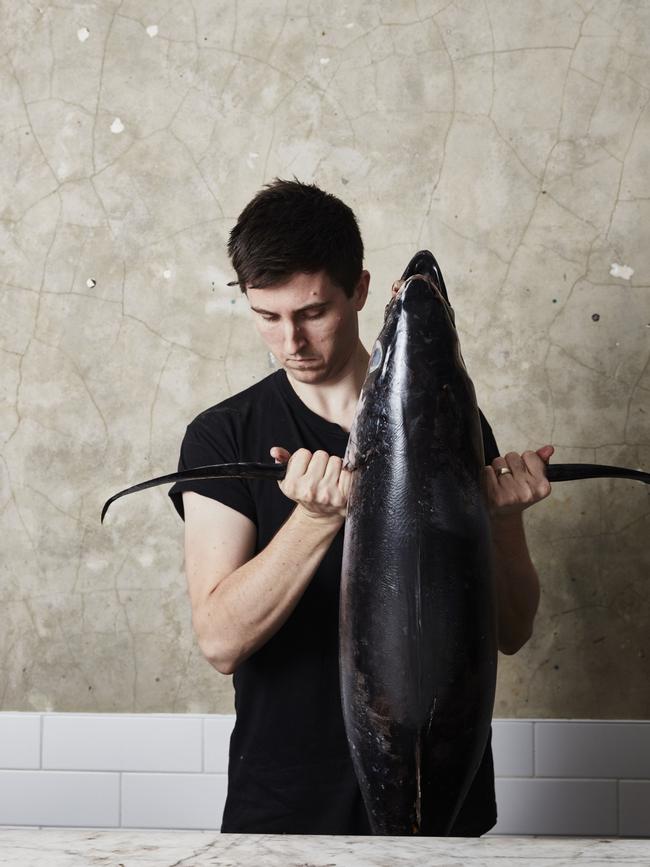
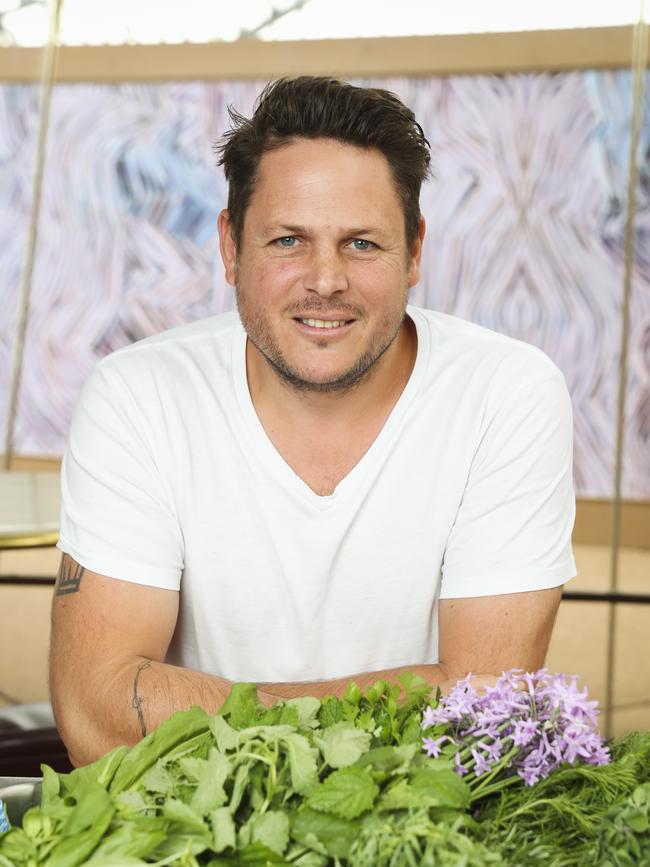
4 Ingenuity comes to the fore
Clever chefs are pushing themselves to dig deeper and wring more from less. At Tswalu in the remote South African Kalahari, dining exceeds average safari fare at Restaurant Klein Jan, thanks to painstaking sourcing from local artisans and resourceful farmers (Tsamma melons, dates, gemsbok cucumbers, dry-aged beef, citrus, goat’s milk cheeses). A spectacular subterranean root cellar houses preserved ingredients in this water-scarce environment.
Scale-to-tail, gill-to-fin: Australia’s Josh Niland continues his quest for a more sustainable, boundary-pushing approach to seafood, most recently opening Petermen in Sydney’s Crows Nest and delighting diners with the likes of Mooloolaba Yellowfin tuna chateaubriand and Murray Cod scotch egg. Niland also offers fish butchery classes for those wanting to upskill from prawns on the barbie.
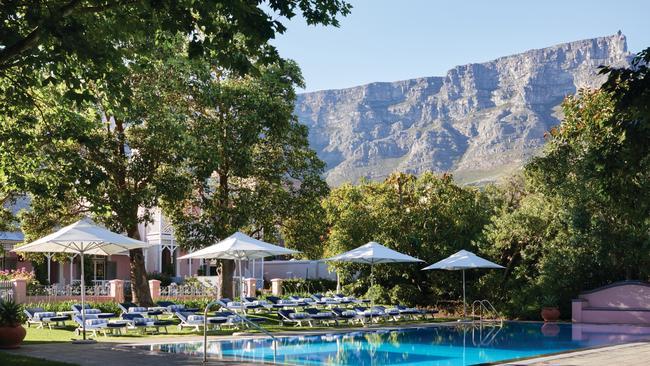
5 Sustainability in the city
Some of the most luxurious big-city hotels are keeping things down to earth with a more sustainable approach to dining. Ex-Biota chef James Viles brings his reverence for Australian ingredients and ethically sourced meat and seafood to Dining by James Viles at Sydney’s Park Hyatt. Now that his beehive is happily producing honey, he plans to expand his “ecosystem”, including a rooftop herb garden.
Cape Town grand dame The Mount Nelson, a Belmond Hotel, is creating the likes of masala-roasted cauliflower with dune spinach and curry leaf dressing from its newly planted Cape Wild Foods Garden. And at Four Seasons Hotel George V in Paris, decadence doesn’t dictate needless waste. Fine diner Le George holds a Green Michelin star for its sustainability efforts (alongside one Michelin star), which include an organic kitchen garden – nourished by organic waste from the hotel – 15km away in Versailles.

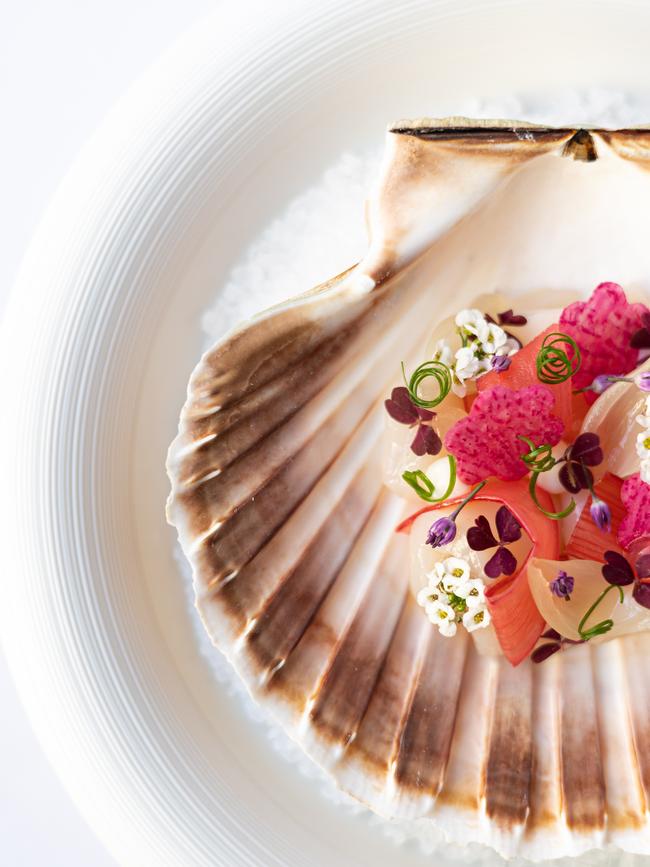
6 Restaurants hit the road
This year has seen a rotating door of world-best chefs popping up Down Under, from the pretty seasonality of Mauro Colagreco’s Mirazur at The Gantry in Sydney, to Simon Rogan’s seamless melding of local ingredients with his L’Enclume vision at Balmoral’s Bathers’ Pavilion, to Eleven Madison at Aria. Matt Moran, who also hosted Gordon Ramsay’s chef patron Matt Abe, calls the past few months “a highlight in Aria’s 23 years”, saying both visiting teams were “very hands-on and wanted to learn about the incredible produce in Australia and visit our suppliers”.
Sydney didn’t hog all the guests. The Melbourne Food & Wine Festival welcomed Jeremy Chan, of two Michelin-starred Iyoki in London, for a two-night glimpse of his spice-fuelled inventiveness at legendary Vue de monde.
The Datai’s Chef Series hosts world-class chefs throughout the year. Penang-born Mano Thevar (of eponymous two Michelin-starred Singapore restaurant) recently showcased his stunning combination of Indian and Malaysian influences heightened with ingredients plucked from his hosts’ garden.
At Casa Lawa, a boutique guesthouse on the slopes of Sicily’s Mt Etna, chefs-in-residence from afar delight guests with their take on local produce, with freewheeling talents like Australian Liza Jane Wynne whipping up cherry jams after raiding the abundant orchards. Outdoor tables heave with platters of charred scallions with romesco, spongy focaccia with bagna cauda, fat figs and teetering pavlovas. “It’s magic,” says genial owner Lukas Lewandowski, “because everybody has a different approach … with a different story.”
While sipping Lukas’s cider made with pears, apples and plums is heavenly, it’s really about that little community sharing the table, he says. It’s a reminder that “the world is big, and it’s full of beautiful people”.
Magic, indeed.



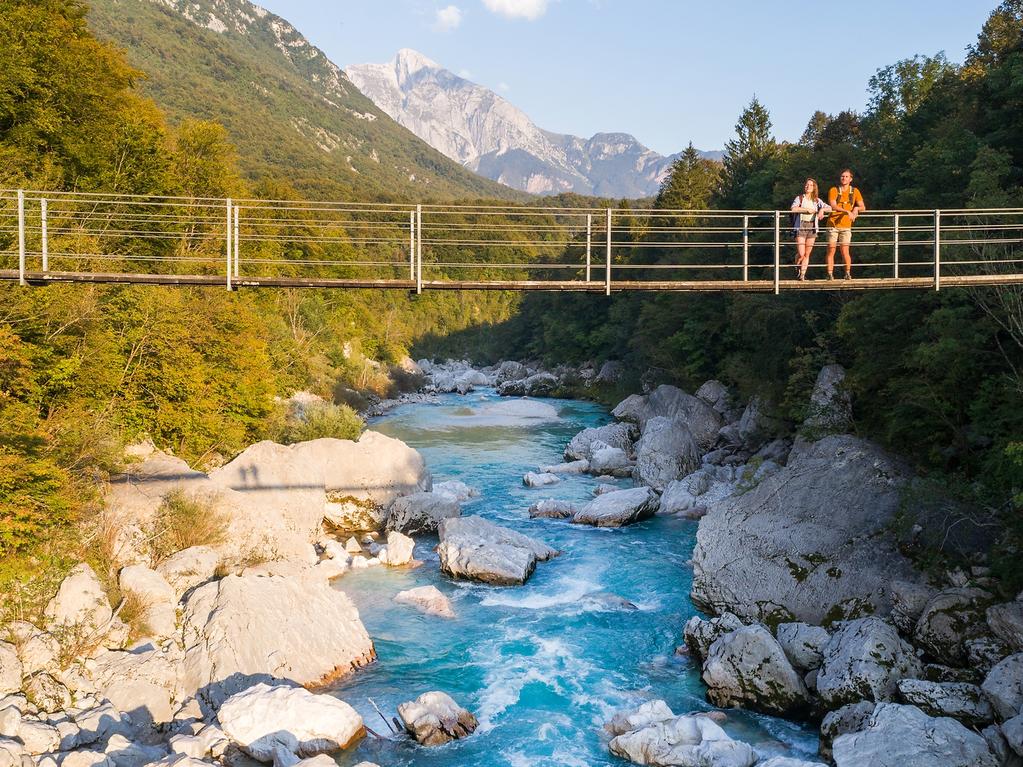
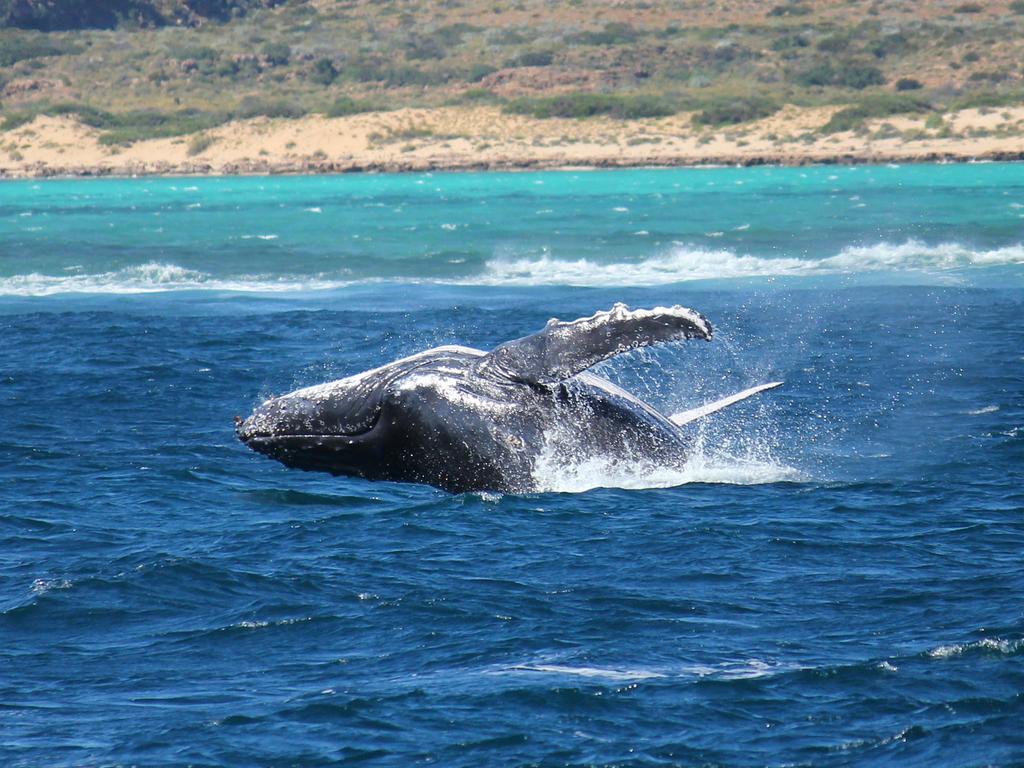
To join the conversation, please log in. Don't have an account? Register
Join the conversation, you are commenting as Logout